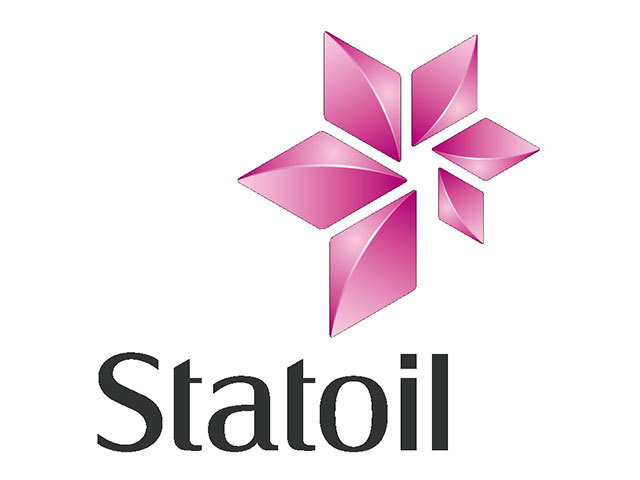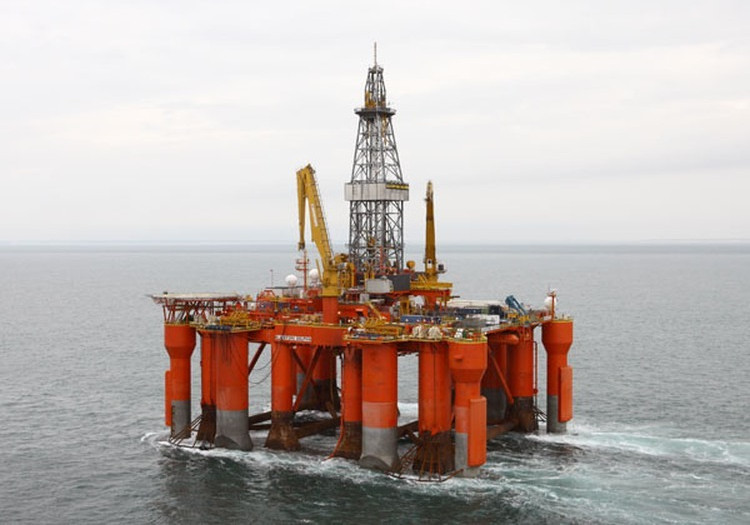
Plans to move a £270,000-plus a day drilling rig to the UK North Sea have been axed by Norwegian operator Statoil.
The Ocean Vanguard rig was due to start drilling in UK waters in June after a spell working on the Grane field in the Norwegian sector.
But Statoil has ended its rig hire contract with Diamond Offshore Drilling eight months earlier than expected, citing technical reasons.
Diamond said it disputed Statoil’s basis for terminating the deal, which was meant to run until February 2015, and intended to “defend its rights”.
Statoil refused to give any further details about the move, saying confidentiality clauses prevented it from doing so.
A spokesman in the firm’s Aberdeen office added: “The plan was to use it on an exploration well for us on the UKCS (UK continental shelf), in the western platform (central North Sea) license P2067, one of the exploration licenses awarded to Statoil in the 27th licensing round.
“We have now started to look for an alternative rig solution. The timing of that drilling operation is now uncertain.”
A statement from Houston-based Diamond said: “A subsidiary has received notice of termination of its drilling contract for the mid-water semisubmersible Ocean Vanguard from Statoil ASA, its customer for the rig.
“The contract provides for a day rate of approximately $454,000 and was estimated to conclude in accordance with its terms in late February 2015.
“Diamond Offshore disputes Statoil’s basis for terminating the contract and intends to defend its rights under the drilling contract.”
Last June, Statoil and engineering firm Aker Solutions announced the cancellation of a major contract for the construction of a new type of oil rig after it became more expensive and heavier than originally envisaged.
The so-called category-B rig, which aimed to improve recovery rates from oil fields at a lower cost, had been a major headache for Aker, its designer, raising questions about the project’s viability.
It was hoped the semisubmersible rig would be operational by the second half of 2015.
Statoil said the category-B rig – intended to be lightweight – had become big and heavy, and its cost had risen.
Aker had been awarded the £1.2billion-plus, eight-year contract in 2012 but it said repeatedly it would only go ahead with the project if it was profitable.
Recommended for you
